What is P2P Trading: The Safest and 0 Fee Way to Buy and Sell Crypto Globally
What is P2P Trading and Why It Matters Now?
How P2P Protects Users from Inflation and Restrictions
1. Inflation Hedge: Protecting Purchasing Power
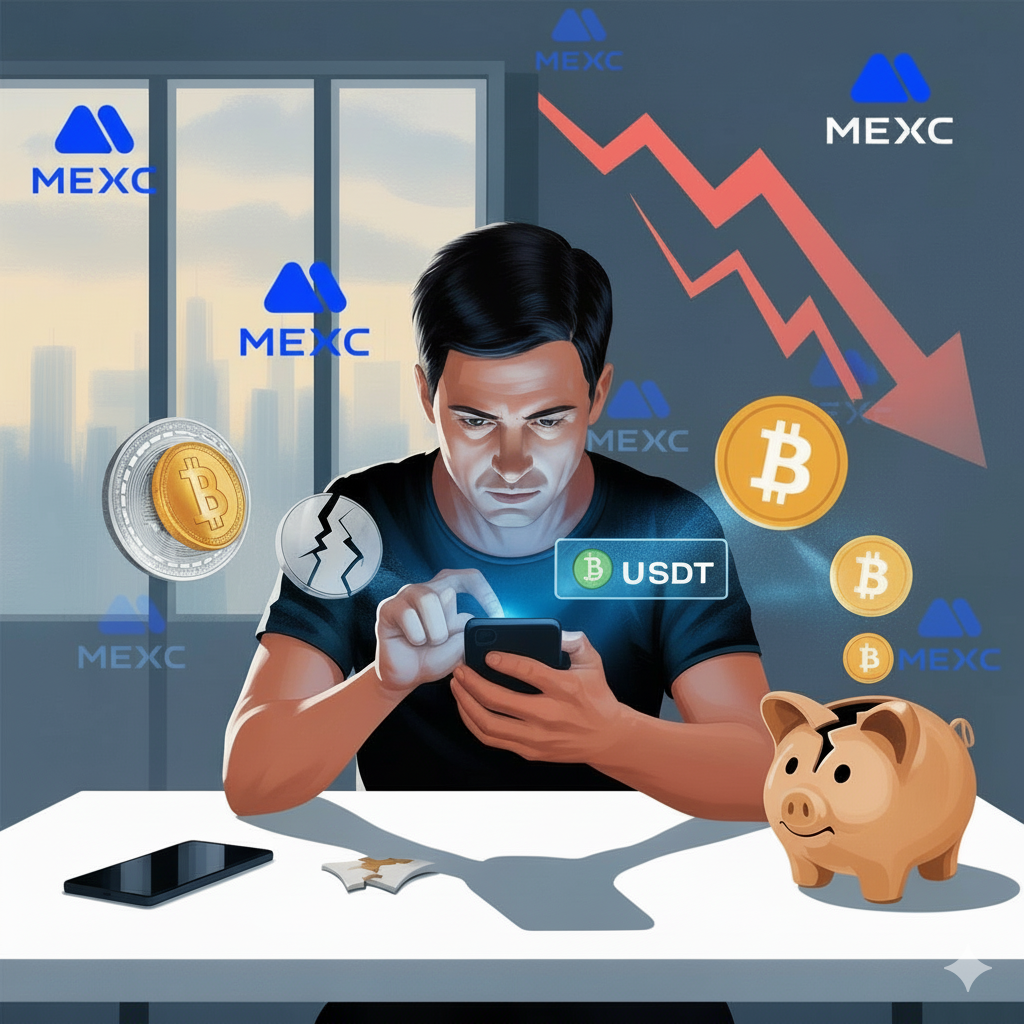
2. Bypassing Capital Controls: Freedom from Restrictions
3. 0 Fees and Faster Transactions: Cost-Effective and Efficient
4. Privacy and Anonymity: Securing Financial Privacy
5. Increased Access to Global Markets: Trading Without Borders
P2P vs. Traditional Crypto Exchanges: Why P2P Wins for Accessibility
Method | Typical Fees | Accessibility in Emerging Markets | Payment Methods Offered | Best Use Case |
MEXC P2P | 0% platform fees | Very high accessibility globally | 300+ local methods (varies by country) | Emerging markets + zero-cost seekers |
Peer-to-Peer Platforms (P2P) | 0%–1% | High where mobile payments exist | Many local methods + e-wallets | Users in emerging markets |
Traditional Banks/Remittances | 5%–20% (incl. FX spread) | Often limited by infrastructure & controls | Bank transfers, cash deposits | Large formal transfers |
Centralized Exchanges (CEX) | 1%–5% + spreads | Requires fiat on-ramp & card access | Cards, bank wires | Regulated users in mature markets |
Key Features of MEXC P2P: Zero Fees, Escrow Safety, and Multiple Payment Options
- Zero Transaction Fees: Every trade maximizes user value. No hidden charges, ideal for frequent or high-volume trading.
- Escrow Protection: Crypto remains securely locked until payment confirmation, preventing fraud and ensuring trust.
- 300+ Local Payment Methods: From Pix in Brazil and GCash in the Philippines to M-Pesa in Kenya, users trade using familiar, everyday channels.
Step-by-Step Guide: How to Use P2P on MEXC
- Sign Up/Log In: Create an account on MEXC using email or phone, or log in if you already have one.
- Access the P2P Section: Navigate to Buy Crypto → P2P Trading.
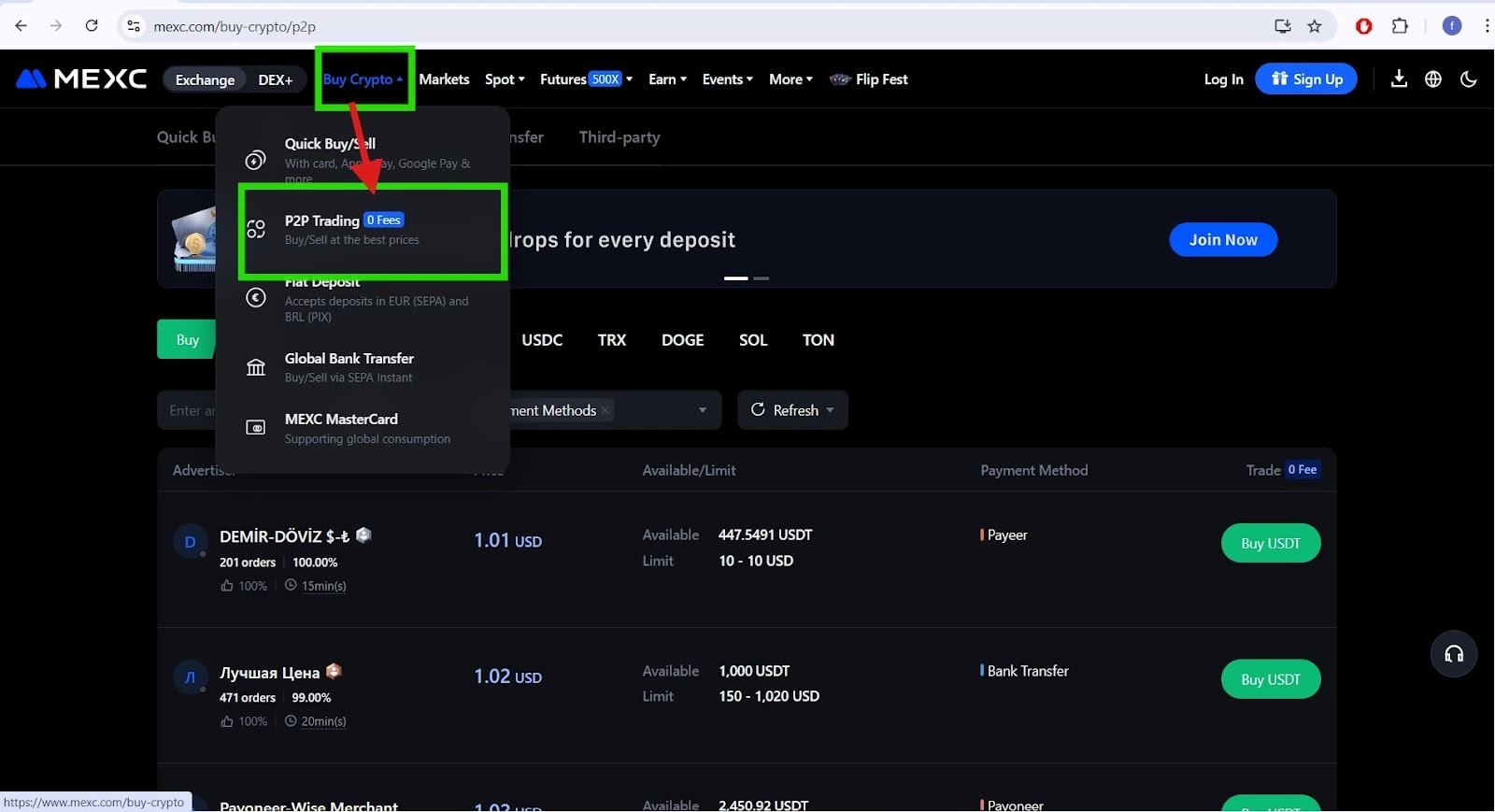
- Choose Buy/Sell: Select Buy to acquire crypto or Sell to convert crypto to fiat.
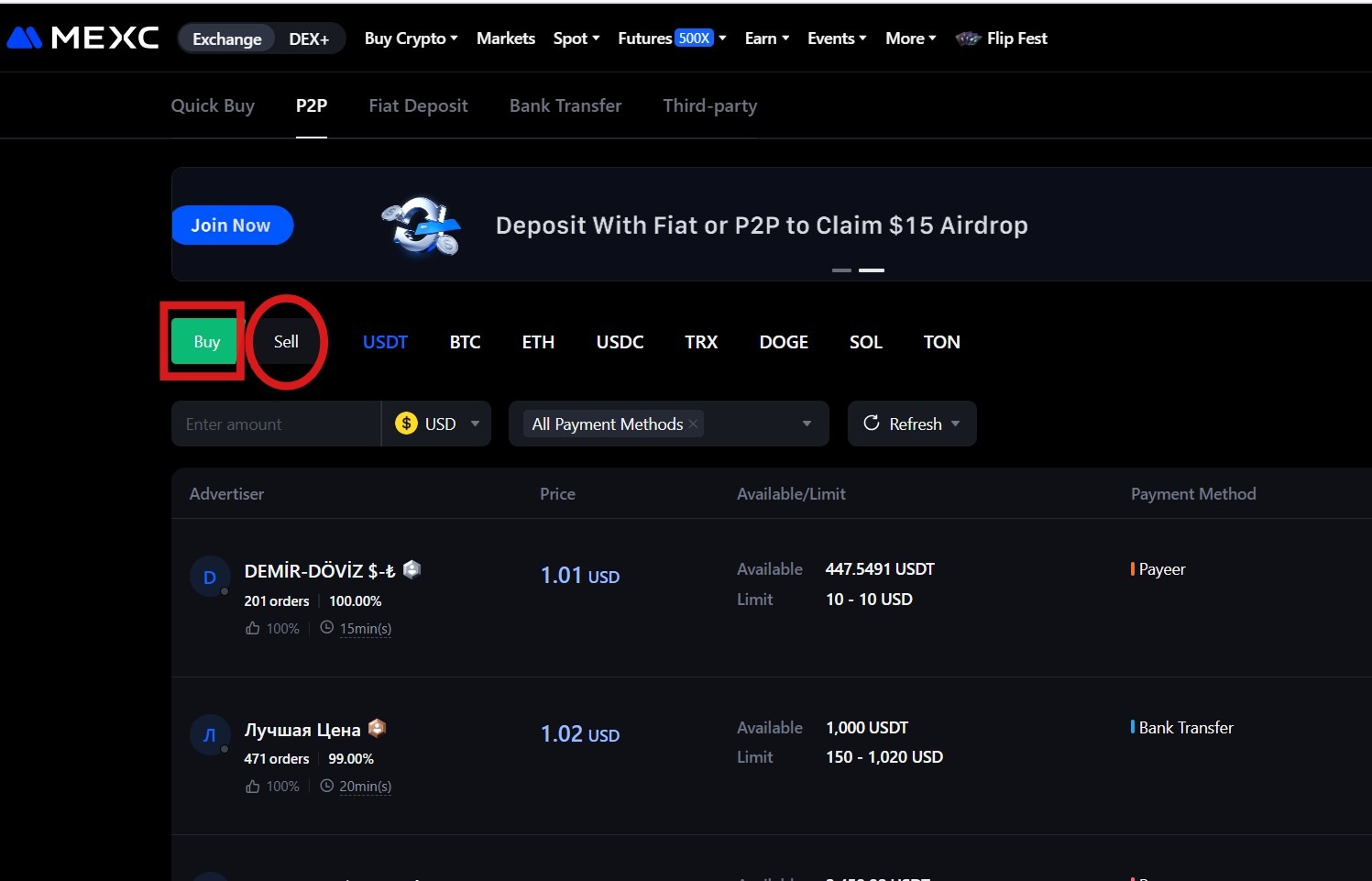
- Filter Offers: Choose fiat currency, payment method, and amount; sort by best rates.
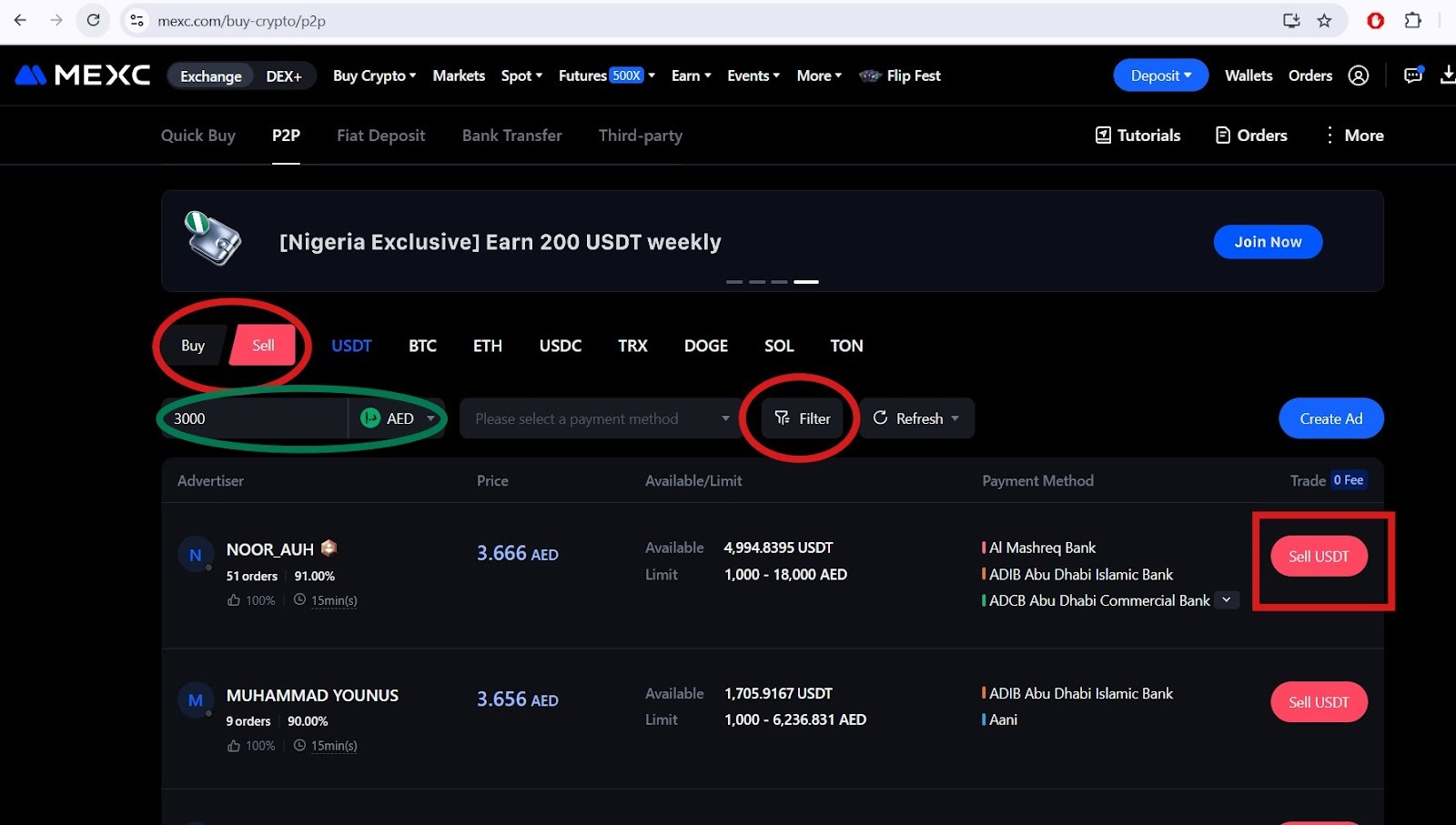
- Place Order: Review details, chat with the counterparty if needed, and submit.
- Escrow Release: After payment confirmation, the crypto is automatically released to your wallet.
Conclusion: Secure Your Financial Future with MEXC P2P
Popular Articles

What Does XRP Stand For? The Complete Answer Explained
If you've encountered XRP in cryptocurrency discussions, you might wonder what those three letters actually mean.Unlike many crypto tickers, XRP isn't an acronym with a hidden meaning waiting to be de

Why Is XRP Going Up? Key Drivers Behind the Rally
XRP surged more than 18% in the first five days of January, breaking decisively above $2.12.This rally caught many traders off guard, but specific catalysts explain why XRP is going up right now.This
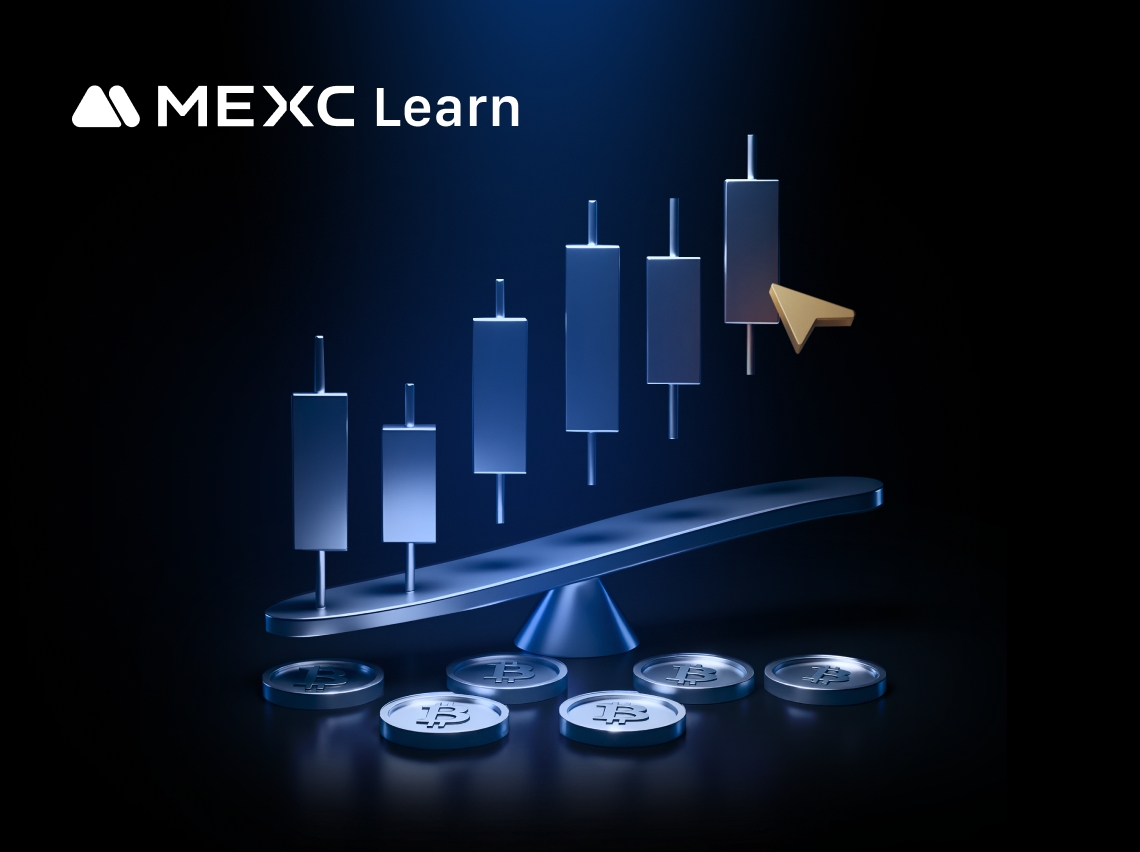
How to Trade TSLA Earnings Volatility: Profit from Price Swings on MEXC
Every quarter, the release of Tesla (TSLA) earnings reports creates a frenzy in the financial markets. For long-term investors, this is a time of anxiety as they wait to see if the company met revenue

Can XRP Reach 1000? Understanding the Math Behind This Question
The question "can XRP reach 1000" has become one of crypto's most debated topics.With Ripple's growing institutional partnerships and recent regulatory wins, many investors wonder if such extreme pric
Hot Crypto Updates
View More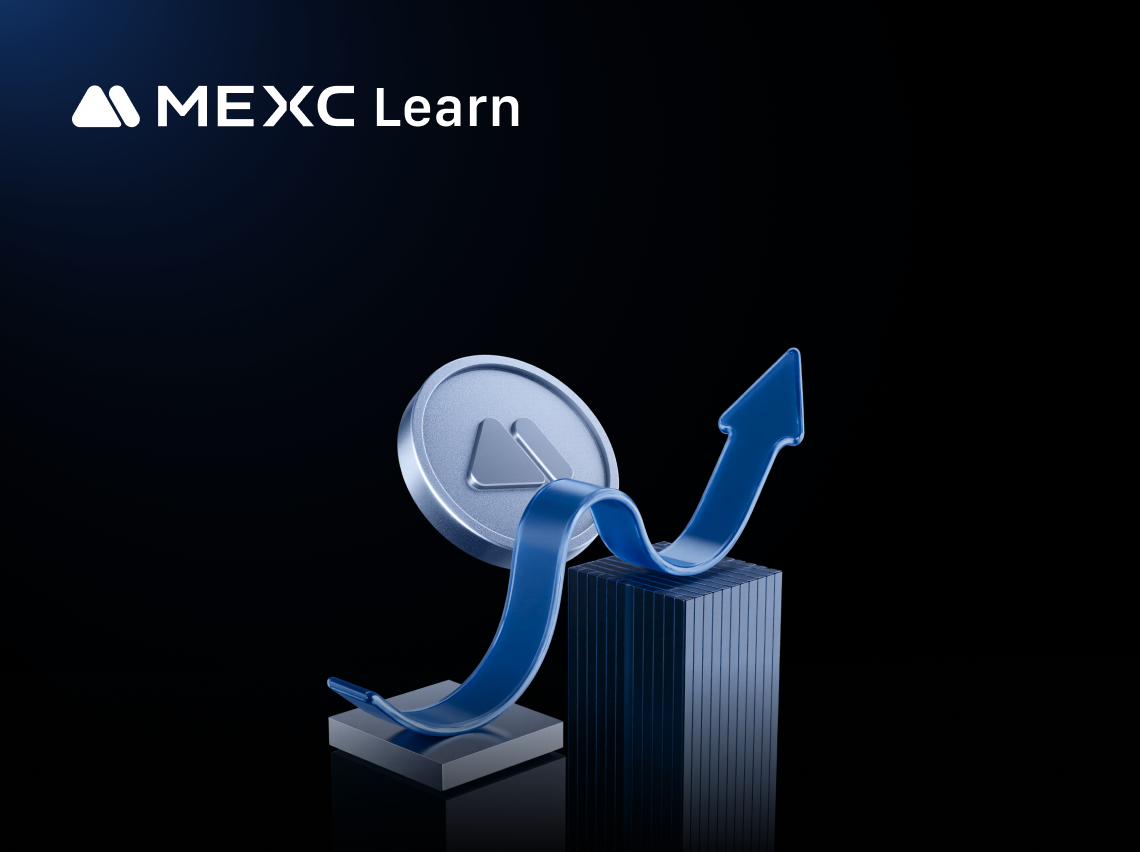
Aster (ASTER) Latest Price: Fresh Market Updates
The crypto market changes minute by minute, and the latest Aster (ASTER) price offers the most up-to-date snapshot of its value. In this article, we highlight the newest movements, fresh data from
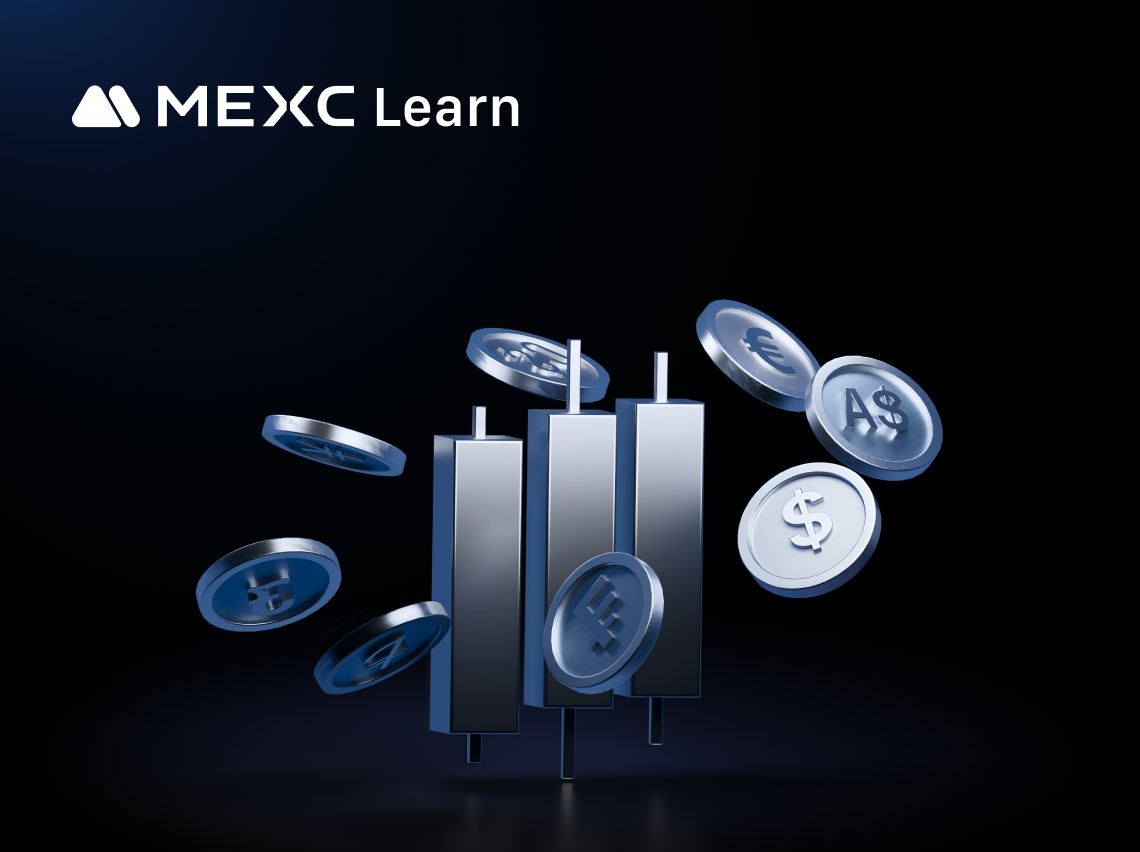
Aster (ASTER) 7-day Price Change
The Latest Aster (ASTER) price has shown significant movement over the past week. In this article, we'll examine its current price, 7-day performance, and the market factors shaping ASTER's trend.

Aster (ASTER) Price Prediction: Market Forecast and Analysis
Understanding the price prediction of Aster (ASTER) gives traders and investors a forward-looking perspective on potential market trends. ASTER price predictions aren't guarantees, but they provide
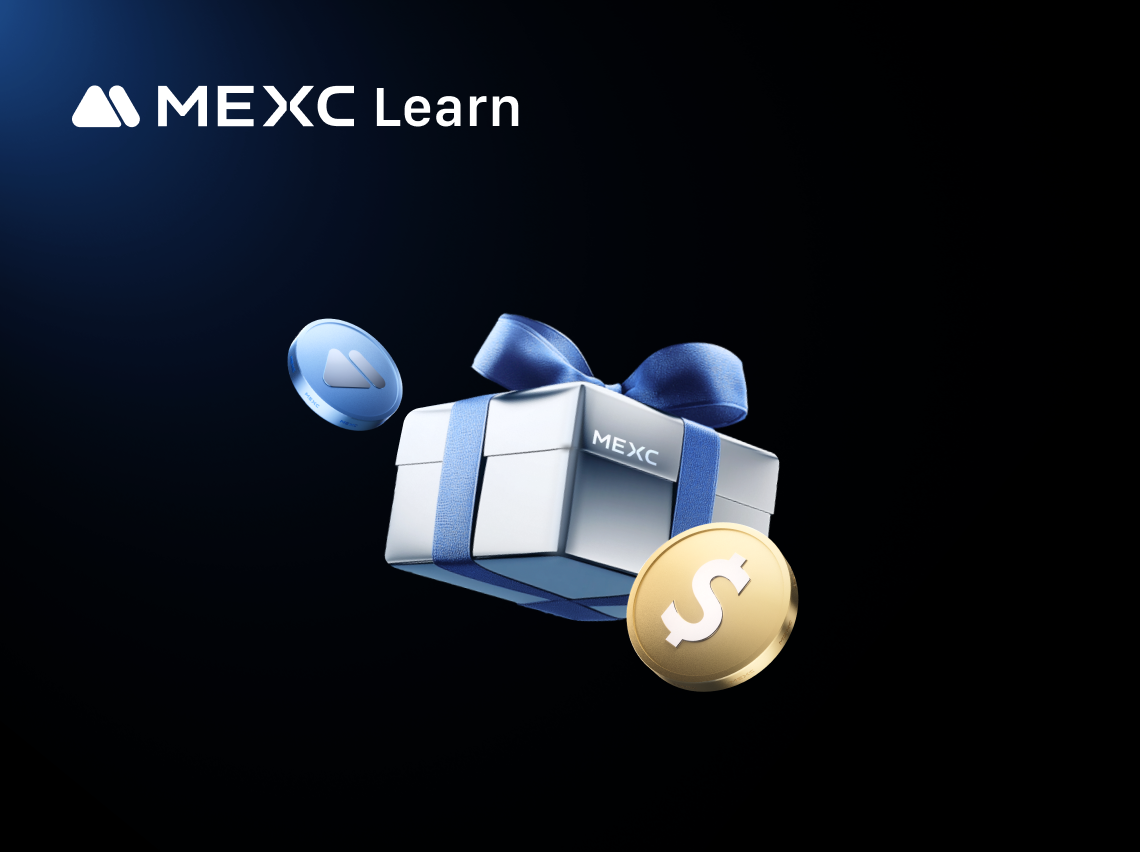
Aster (ASTER) Bullish Price Prediction
Introduction to Bullish ASTER Outlook Optimistic investors often look to bullish price predictions for Aster (ASTER) to identify the coin's growth potential during favorable market cycles. A bullish
Trending News
View More
Polymarket User Profits And Disappears After Big Maduro Bet
The post Polymarket User Profits And Disappears After Big Maduro Bet appeared on BitcoinEthereumNews.com. A Polymarket account that earned about $400,000 from a

Trump confirms he will not pardon SBF
PANews reported on January 9th that US President Donald Trump stated in an interview that he has no intention of granting a presidential pardon to former FTX CEO

Xiaomi names SB19 as official ambassadors of REDMI Note 15 Series in PHL
XIAOMI Corp. has tapped P-pop group SB19 as the official ambassadors of its REDMI Note 15 Series smartphones in the Philippines. The devices will be launched in

Bitcoin Faces Consolidation After Disappointing 2025, Analysts Cautious on Near Term
Bitcoin disappointed in 2025, closing below its January start, while gold and the S&P 500 outperformed significantly, with analysts predicting a boring 2026. The
Related Articles

What Does XRP Stand For? The Complete Answer Explained
If you've encountered XRP in cryptocurrency discussions, you might wonder what those three letters actually mean.Unlike many crypto tickers, XRP isn't an acronym with a hidden meaning waiting to be de

Why Is XRP Going Up? Key Drivers Behind the Rally
XRP surged more than 18% in the first five days of January, breaking decisively above $2.12.This rally caught many traders off guard, but specific catalysts explain why XRP is going up right now.This

How to Trade TSLA Earnings Volatility: Profit from Price Swings on MEXC
Every quarter, the release of Tesla (TSLA) earnings reports creates a frenzy in the financial markets. For long-term investors, this is a time of anxiety as they wait to see if the company met revenue

Can XRP Reach 1000? Understanding the Math Behind This Question
The question "can XRP reach 1000" has become one of crypto's most debated topics.With Ripple's growing institutional partnerships and recent regulatory wins, many investors wonder if such extreme pric
